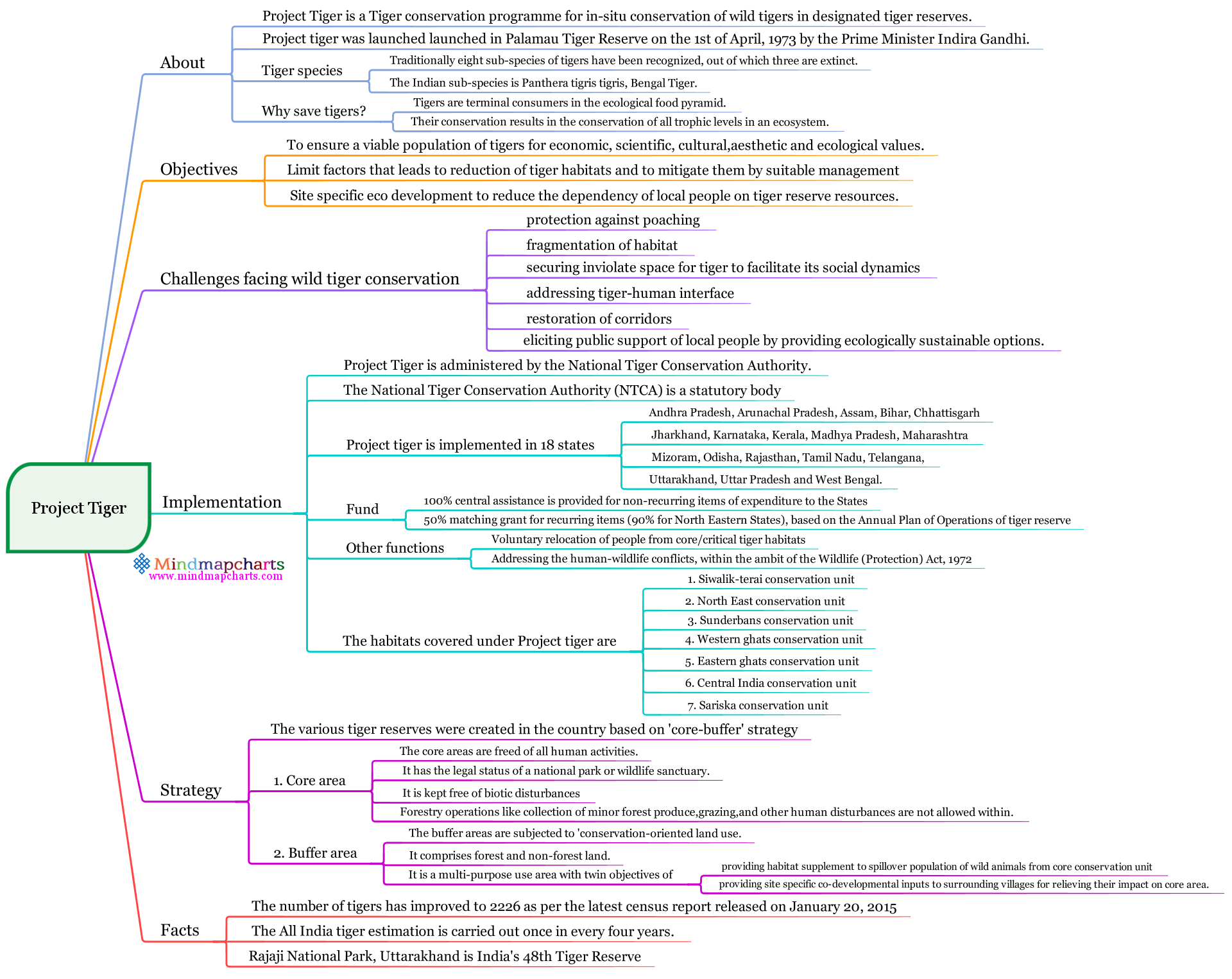Contents:
Environment and Ecology
- Environment
- Ecology
- Ecosystem
- Biome
- Terrestrial ecosystems
- Aquatic ecosystems
- Ecotone
- Biological relationships
- Food chains, food webs and Ecological pyramids
- Bioaccumulation and Biomagnification
- Carbon and nitrogen cycles
- Ecological succession
Biodiversity & Conservation
- Biodiversity
- Factors affecting biodiversity
- Biological diversity act 2002
- Convention on biological diversity
- CBD protocols
- Biosphere reserves
- Modes of conservation
- Biodiversity Hotspots
- Critical wildlife habitats
- CITES
- CMS
- IUCN red list
- Mangroves
- Coral reefs
- Protected areas
- Protected areas in India
- National Green Tribunal
- National wildlife action plan
- Marine protected areas
- Indian Vulture crisis
- Project elephant
- Project Tiger
- Project snow leopard
- National bamboo mission
- Forest rights
- Joint forest management
- Ecomark
- UNESCO
Climate change
- Climate change and global warming
- Ozone depletion
- Vienna convention
- Climate change and agriculture
- Deforestation
- Desertification
- UNCCD
- National action plan on climate change
- Climate investment funds
Pollution
- Air pollution
- Stockholm convention
- Acid rain
- Eutrophication
- Land degradation
- Ocean acidification
- Marine pollution
- Wetlands
- Ramsar convention
- Basel convention
- Bamako convention
- World Heritage Site
- Rotterdam convention
International organizations
- UNEP
- UNFCCC
- Global environment facility
- IPCC
- International tropical timber organization
- UNCLOS
Sample topic: Project Tiger
All topics are covered in the format of Mindmaps as above.
There are 68 Mindmaps covering topics from Environmental Ecology, Bio-diversity and Climate Change.
You can both read and revise the subject in a very short time.



